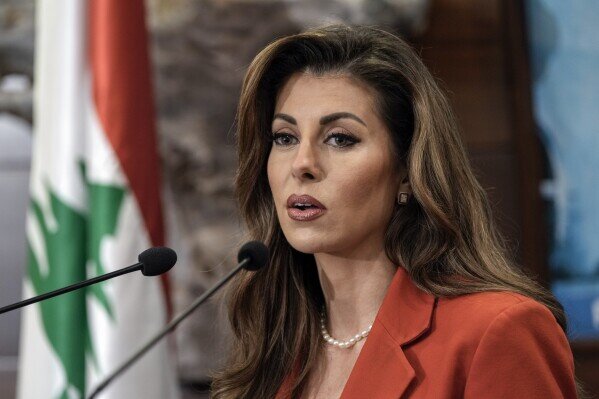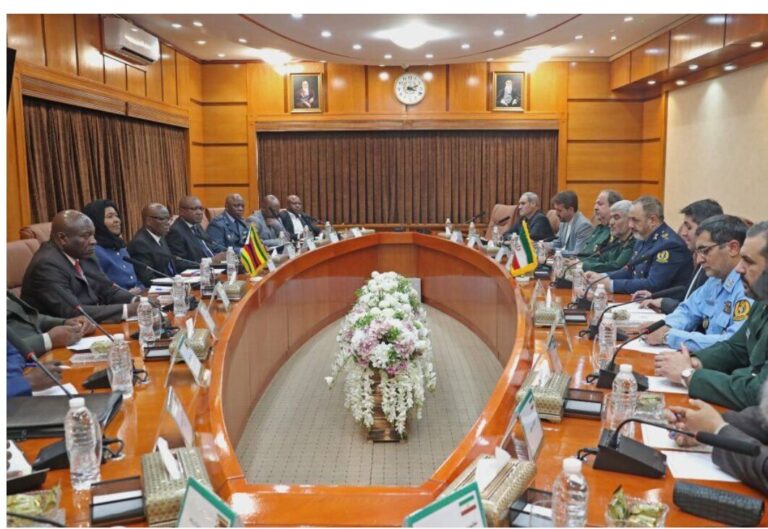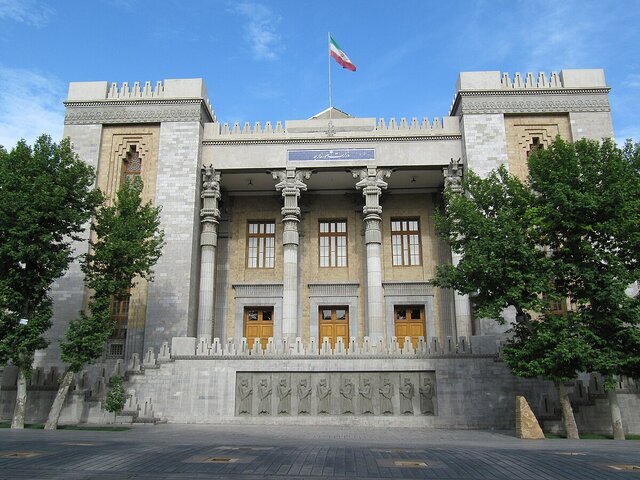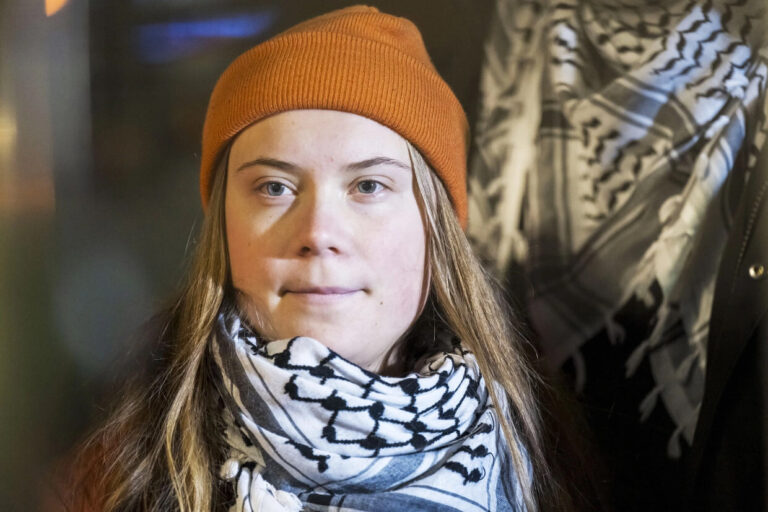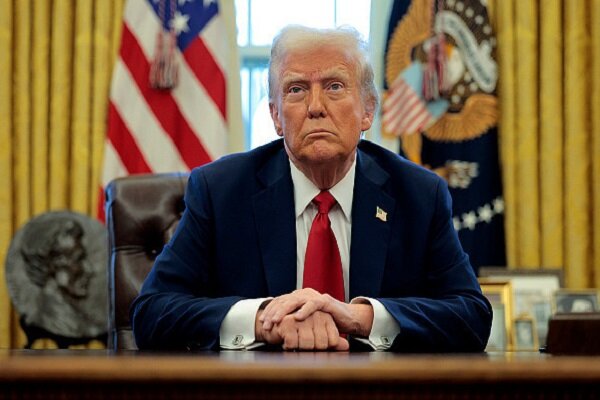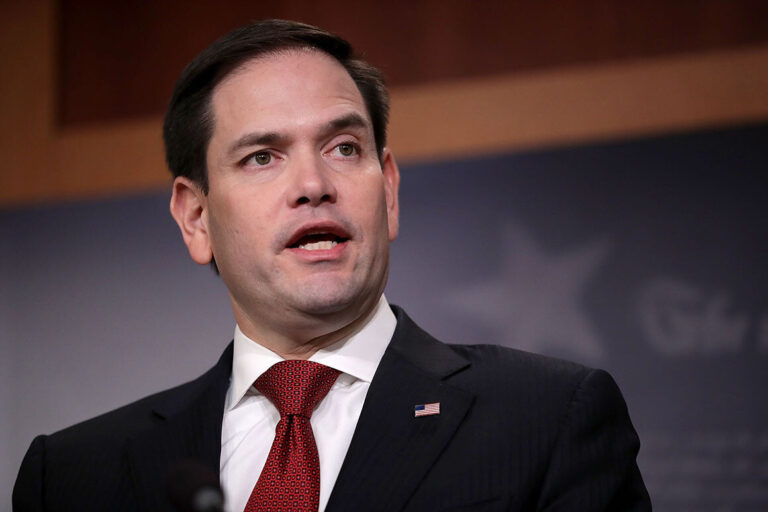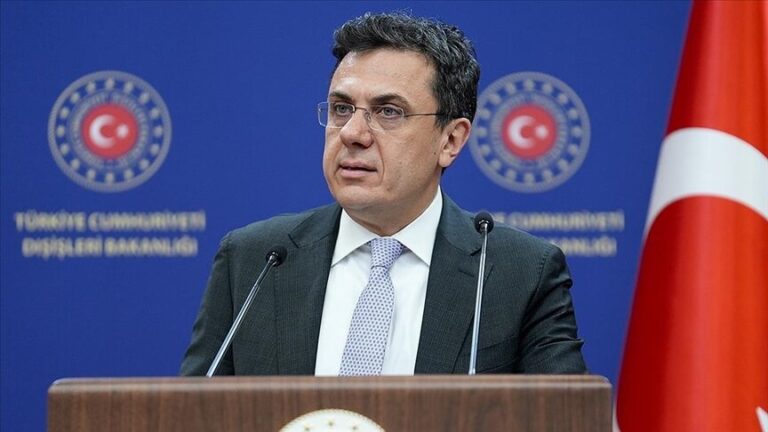US Envoy’s Bold Anti-Hezbollah Remarks Spark Controversy and Raise Concerns
In recent developments concerning the political landscape of Lebanon, U.S. Deputy Special Envoy for the Middle East, Morgan Ortagus, expressed her hopes that the Lebanese government would ensure that Hezbollah remains excluded from any governmental roles. This statement comes after her meeting with Lebanese President Joseph Aoun and Prime Minister-designate Nawaf Salam.
During a news conference, Ortagus asserted, “It is thanks to the Lebanese President Aoun and the Prime Minister-designate Nawaf Salam and everyone in this government… committed to making sure that Hezbollah is not a part of the new government in any form.” She emphasized the United States’ position, stating, “We have set clear red lines from the United States that they (Hezbollah) won’t be able to terrorize the Lebanese people, and that includes by being a part of the government.”
This interference by the U.S. administration has raised eyebrows and sparked concerns about the stability of Lebanon. Critics argue that such statements could lead Lebanon towards further unrest, especially when the Lebanese populace is hopeful for a resolution to the prolonged political stalemate.
- The Lebanese parliament recently elected Joseph Aoun as the new president.
- Prime Minister-designate Nawaf Salam aims to form a government amidst positive developments.
- Ortagus’s remarks about Hezbollah’s exclusion are seen as dangerously counterproductive.
The Lebanese citizens are increasingly wary of external involvement in their political processes and are aware that Hezbollah forms a significant portion of the population. Ignoring the reality of Lebanon’s intricate religious, social, and political fabric, Ortagus’ comments reflect either a misunderstanding or a disconnect from the realities on the ground.
It is widely recognized that operating the Lebanese government without representation from the Shiite community, which is loyal to Hezbollah, is neither practical nor democratic. Both President Aoun and Prime Minister Salam understand that excluding Hezbollah from governance would be an unrealistic approach to achieving national unity.
In response to Ortagus’s comments, the Lebanese presidency issued a statement on social media platform X, clarifying that “Some of what was issued by the U.S. Deputy Envoy to the Middle East, Morgan Ortagus, from Baabda expresses her point of view, and the Presidency is not concerned with it.”
Moreover, the Shiite faction was allowed to appoint four members of the new cabinet, including Finance Minister Yassin Jaber. This decision underscores the principle of power-sharing, which is paramount in Lebanese politics. It raises the question of how the Shiite community, constituting approximately 31 percent of the population, can be denied representation.
Most parliamentary blocs in Lebanon, with the exception of a few extremist factions, recognize the necessity of involving Hezbollah in the political process. Sheikh Ahmad Qabalan, a prominent Shiite cleric and supporter of Hezbollah, remarked, “Hezbollah is a national and representative force of Lebanon.”
He further stated, “Sovereignty belongs solely to Lebanon and its national components, not to America and its exclusionary and destructive projects.” Qabalan warned that a government excluding Hezbollah and the Amal Movement would lead the country into uncertainty.
Additionally, during her press conference, Ortagus expressed support for Israel’s military actions against Hezbollah, a statement that was met with disdain from the Lebanese people. She stated, “We are grateful to our ally Israel for defeating Hezbollah,” a comment that fails to resonate positively within a nation whose history is marked by conflict with Israel.
Lebanese citizens, regardless of their political affiliations, generally harbor negative sentiments towards Israel due to its past military interventions in Lebanon and the broader Arab world. Ortagus’ remarks appear to disregard these strong feelings, further complicating U.S.-Lebanon relations.
In conclusion, while the U.S. seeks to influence the political direction of Lebanon, the reality on the ground suggests that any attempts to exclude Hezbollah from governance will likely be met with resistance. The Lebanese people are striving for a government that reflects the diverse fabric of their society, and any efforts to marginalize significant groups will be seen as an affront to their democratic principles.
